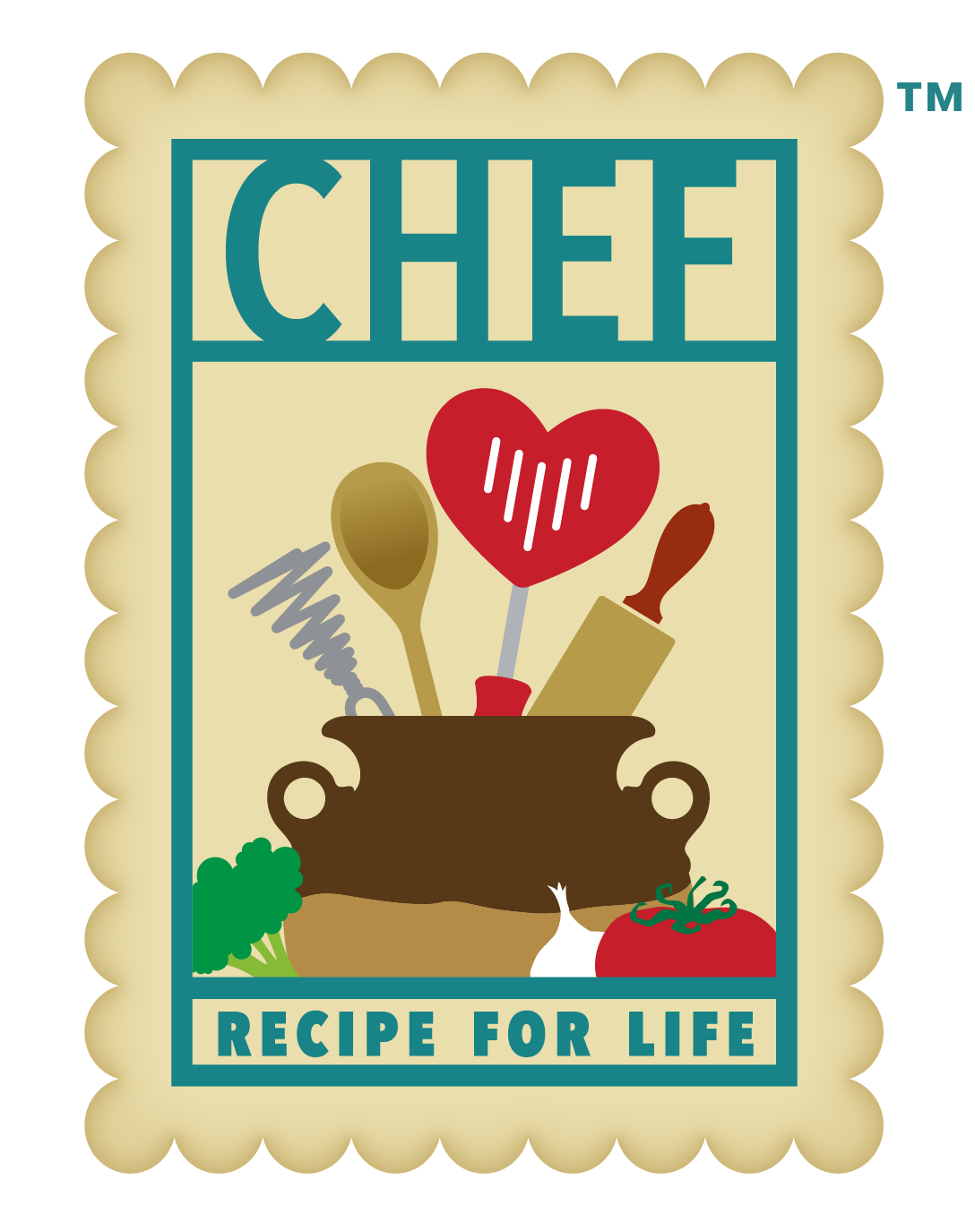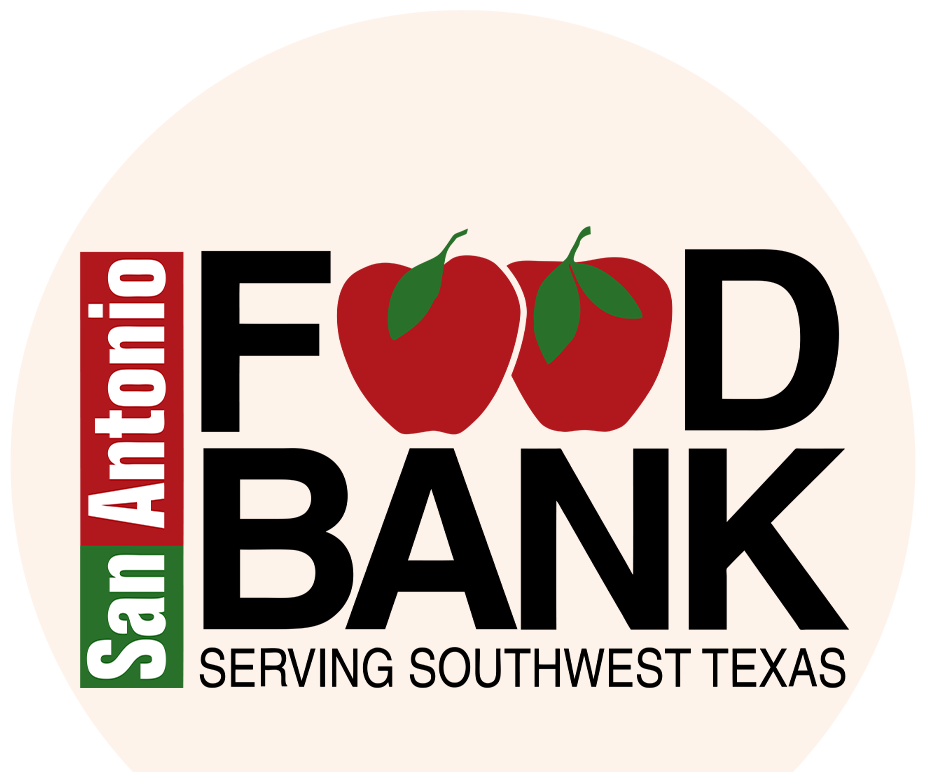Chef
Food is Fuel, Especially for Athletes

By Lauren Weaver, Texas A&M Dietetic Intern
Edited by Andi Champion, Marketing Manager, CHEF
The common phrase “food is fuel” takes on a special meaning for athletes. They need the proper combination of nutrients not only to complete the daily tasks of life but also to perform well in their sport. Help your athlete on and off the field by giving them the right foods to be their best. Athletes who want to win the race can use proper nutrition to start strong and finish fast!
What does fueling an athlete properly look like?
Macronutrients
Despite what we may hear on the internet, there’s no magic food or supplement that helps an athlete perform their best. The most important thing for athletes is eating the right combination of macronutrients. A macronutrient (macro for short) is a nutrient that the body needs in large amounts. They also happen to provide calories. The 3 types of macros and their functions are:
- Carbohydrates: provide the body with energy
- Proteins: build and repair muscle
- Fats: help the body make hormones
Pre-Workout/Competition
To support good
performance, a carbohydrate rich snack with some protein is best, ideally 1-4
hours pre-exercise. Consuming some fat is okay but too much can make you feel
sluggish, so it’s best to keep fat to a minimum. Here are some great pre-workout ideas:
- Yogurt and fruit
- Whole wheat toast with 1 Tablespoon of peanut butter and a banana
- Oatmeal made with dried fruit and milk
- Almond butter on an apple
During the Workout
Drinking water is the most important thing to do during exercise. When you sweat, your body is losing water so make sure you continue to hydrate during your workout. If your athlete works out or performs for more than an hour, you can give them simple carbohydrates, such as fruit or a low-fat granola bar, every 30 minutes to keep their energy up.
Post-Workout
After working out, the
body needs carbohydrates to replenish the energy that was used, and protein to
repair the muscles. Depending on the timing of your meals, your athlete can
have either a meal or snack. Try one of these tasty combinations:
- A fruit smoothie with Greek yogurt
- Chocolate milk
- Salmon, sweet potato, and green beans
- A whole grain muffin with peanut butter and a glass of milk
- A rice bowl with chicken, black beans, and sautéed vegetables
Remember to continue to hydrate post workout as the body loses a lot of water during exercise.
Hydrate, Hydrate, Hydrate!
This can’t be emphasized enough. Making sure you’re hydrated before, during, and after exercise is so important! In most cases, water is the best drink to hydrate with. If your athlete works out for more than an hour and sweats a lot, one bottle of Gatorade or other sports drink might be helpful. Then back to water.
For every pound (16 ounces) of sweat lost, the body needs 24 ounces of water to be fully rehydrated. If you lost multiple pounds that can be a lot to drink at one time, so it’s best to stay on top of hydration throughout the day.
For more information on sports nutrition, sign up for our new CHEF for the Student Athlete Classes at The Children’s Hospital of San Antonio. These classes are specifically designed for young athletes and performance artists ages 12 to 18 years old. In these hands-on, engaging classes, students will learn how to take their athletic performance to the next level by fueling their body with all the right nutrients. Classes are open to athletes or teams participating in any sport or in the performance arts and their parents. Click here for more information and to sign up.



